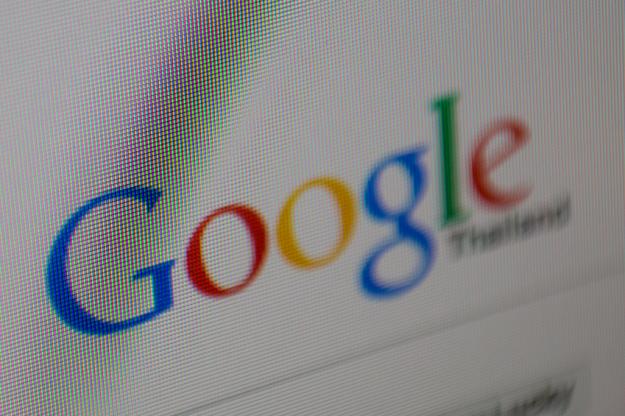School tech directors back Google despite new privacy violation complaint

School technology directors said they will not stop using Google products despite new allegations that the tech giant violates student privacy regulations and illegally collects kids’ data, according to initial interviews by EdScoop.
The Electronic Frontier Foundation, a privacy advocacy group, alleged in a complaint earlier this week to the Federal Trade Commission that Google Apps for Education – which offers Chromebooks and a host of educational tools and apps – collects students’ browsing and search history, and monitors other activity on its laptops when students are signed in.
It also accused the company of automatically enabling a feature called Chrome Sync, which allows users to toggle between different devices with their information stored in the cloud, even if the option is turned off by parents or administrators.
But school technology leaders that use Google products told EdScoop that the complaint would not deter them from continuing to use the services in their classrooms.
“After researching the complaint and reading Google’s response, we all agree that the benefits of GAFE for school districts and students far outweighs the accusations,” Donna Williamson, technology director for Mountain Brook Schools, wrote in an email. “We believe Google is taking great strides to protect student data in the Google Apps for Education version of apps.”
She added that the sync tool helps kids switch easily between devices in different places.
“Children use devices at school, at home, in the library, or at a friend’s house,” she said. “It is extremely helpful for the child that all of their apps are available wherever they are and on whatever device they use.”
An FTC spokesman confirmed that the complaint was received.
Nate Cardozo, staff attorney for EFF, said the organization started fielding complaints from parents late last year that their children’s data was being collected.
“Google is collecting every search term they enter, every URL they click, everything they do,” Cardozo said in an interview. “And they’re not only storing that data in a personally identifiable form associated with student accounts, but they’re also datamining and using it for ad profiles.”
But that wouldn’t stop Gary Adams, director of technology at Palisades School District in Kintnersville, Penn., from using the services.
“This in no way makes me change my stance on the use of these free and incredibly valuable tools for education,” said Adams, who is also the owner of Stratustek LLC, a company that provides Google Apps for Education implementation services and Chromebook deployment services to school districts.
Adams said he believed that, by signing the Student Privacy Pledge, which has more than 200 signatures from education technology companies, Google will do right by schools and students.
“Google has made a pledge to the education community to not sell student data, period,” he wrote in an email. “Am I going to jump ship every time someone tries to haul Google to court for something they say is allegedly happening? That would be a resounding ‘no.'”
Officials at Google, which was criticized for signing the pledge long after other companies like Microsoft did so, posted a statement online that read, “We are confident that our tools comply with both the law and our promises, including the Student Privacy Pledge.”
Company officials added that they do not target advertisements at students using their information.
“Schools can control whether students or teachers can use additional Google consumer services – like YouTube, Maps, and Blogger – with their [Google Apps for Education] accounts,” according to the statement. “We are committed to ensuring that K-12 student personal information is not used to target ads in these services, and in some cases we show no ads at all.”
The head of the Future for Privacy Forum, which helped to create the pledge, said the EFF’s complaint does not have any merit.
“Chrome Sync is a feature that many schools believe to be useful because students can log on at home and have their favorite sites, their bookmarks, the work that they saved during the day, available when they log on,” Executive Director Jules Polonetsky said in an interview. “We don’t think it violates the pledge.”
Reach the reporter at corinne.lestch@edscoop.com or follow her on Twitter @clestch and @edscoop_news.




